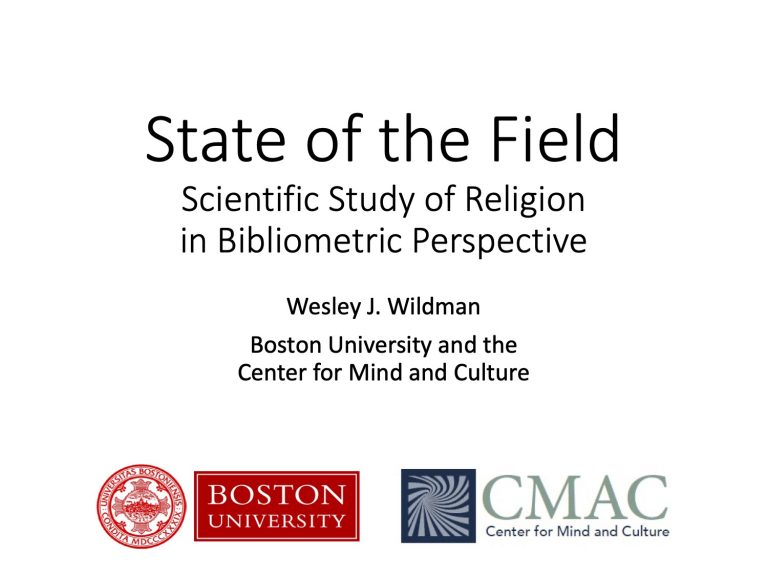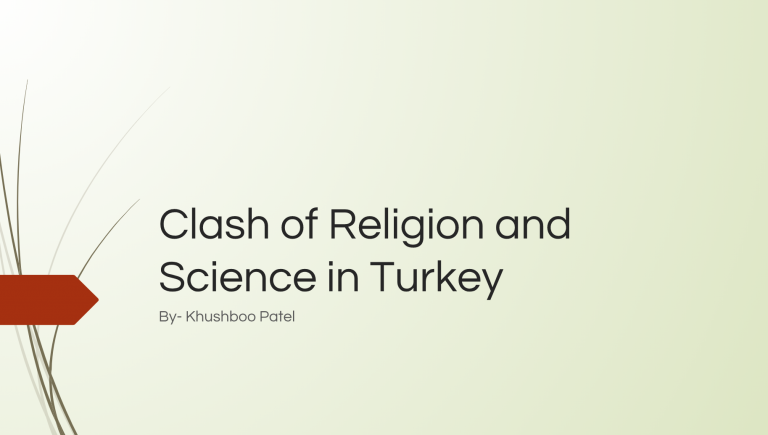Post-Doctoral Fellow Connor Wood
The International Association for the Psychology of Religion Conference: Culture, Context and Existential Challenges
August 24, 2017
Abstract: Religiosity is linked with trait self-regulation and self-control, but it is unclear what drives this association. Here, I explore the logical rationale for a causal influence using cybernetic theories of self-regulation (Carver & Scheier, 1998). In cybernetic self-regulation, reference values (goals) must be more stable than inputs or actual states, but individual-level goals often fail to meet this criterion. Individuals can simply adjust reference values to match inputs (for instance, by downgrading personal diet goals after failing to lose weight). If so, self-regulation ipso facto fails. By contrast, norms or standards that are anchored in social convention – specifically, through ritual enforcement of ideal values – are less susceptible to such maladaptive deflation, because any single person’s influence over the group’s standard drops arithmetically as group size increases. Since religious communities use ritual to reinforce and stabilize norms, they are especially well-suited to producing “sacred” standards and values that are robust against individual deflationary agendas. Of course, religious communities can inculcate destructive goals, even as their regulatory dynamics continue to exemplify the highlighted principles. A simulation model of a virtual religious group with nested hierarchies of goals articulates boundary conditions for adaptive self-regulation.
Learn More About the Conference



